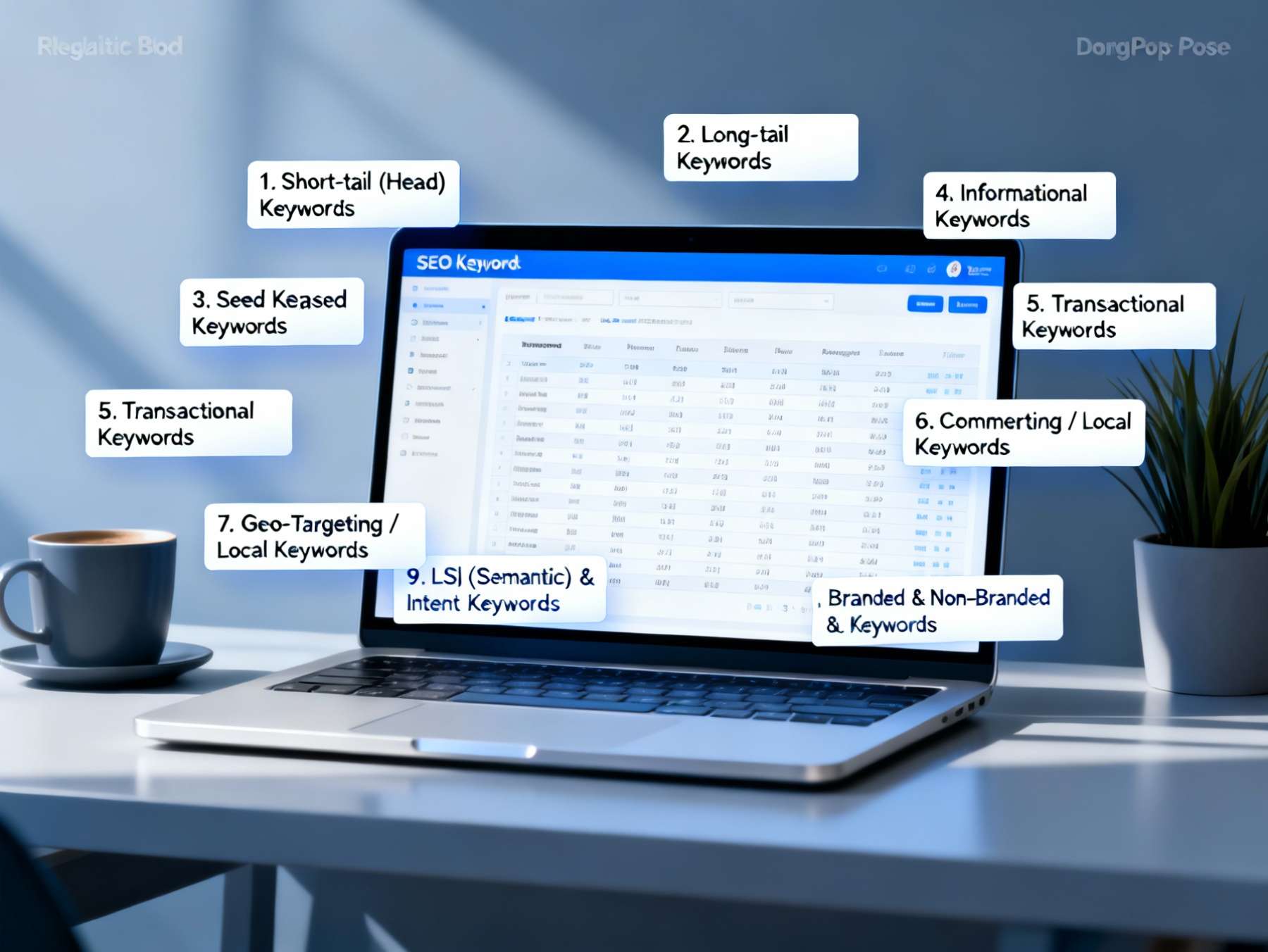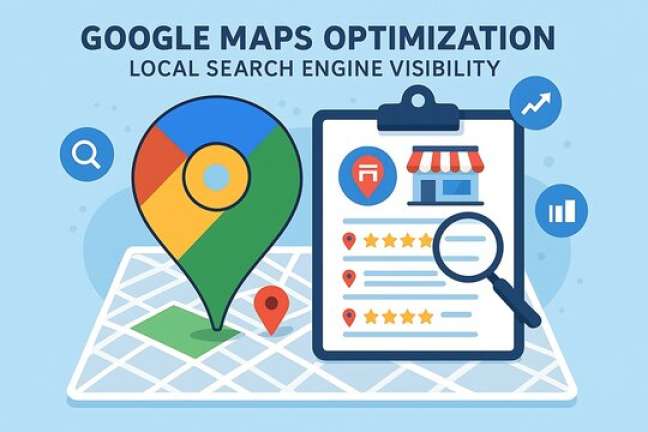The basis of discoverability is keywords. However, good SEO involves more than just putting a single phrase into a website; it also includes learning the nine different kinds of keywords used in SEO. and when each should be used. The useful, user-focused guide that follows describes each group, its goal, and how to work it into your content strategy.
1. Short-tail (Head) Keywords — The Big Tent
One or two terms that are wide, high volume, and highly competitive are known as short-tail keywords. Consider “shoes” or “SEO.” They are helpful for awareness efforts and general site themes, but because purpose is unclear, response rates are usually poor.
2. Long-tail Keywords — The Precision Tool
Long-tail terms, such as “best running shoes for flat feet,” capture exact meaning and consist of three words or more. They improve conversion rates and draw in quality users. Use them for voice search efficiency, long-form instructions, and product pages.
3. Seed Keywords — The Research Starting Point
The core ideas used to make more specific thoughts are known as seed terms. They help you in building phrase groups and arranging material around a core theme, but they are often not the primary goals in and of themselves.
4. Informational Keywords — Teach First, Convert Later
Research-focused educational questions include “how to fix a leaking tap” and “benefits of meditation.” These are perfect for blog posts, tips, and FAQ areas that establish trustworthiness and lead readers to mid-funnel content.
5. Transactional Keywords — High-Intent Buying Signals
Transactional words, such as “subscribe SEO tool” or “buy noise-cancelling headphones,” show a desire to take action. These go on product sites, PPC target pages, and checkout channels when the main goal is to increase sales.
6. Commercial Investigation Keywords — Comparison & Consideration
Here, people analyse options such as “X vs. Y review” or “best smartphones 2025.” Reviews, buyer’s guides, and comparison sites are examples of content that works. Users who are on the edge of switching but are still considering their choices may be pulled to these pages.
7. Geo-Targeting / Local Keywords — Capture Nearby Demand
“Plumber Manchester” and “vegan café near me” are examples of local purpose terms. Local SEO tactics (Google Business Profile, local links) are important for real business and service providers.
8. Branded & Non-Branded Keywords — Ownership vs Discovery
Non-branded keywords do not include your business or product names; branded keywords do. Non-branded searches are how new clients find you; branded searches often convert more quickly. Both should be the centre of a well-rounded strategy.
9. LSI (Semantic) & Intent-Based Keywords — Context Matters
Related terms that provide background and detail are known as Latent Semantic Indexing (LSI) keywords. For example, writing about “apple pie” may involve “homemade pastry,” “cinnamon,” or “oven temperature.” The user’s wishes are the main focus of intent-based terms (explain, compare, buy). Topical authority is improved and content usefulness is better known by search engines when LSI and purpose signs are used.
How to Combine These Types into a Strategy?
Map keywords to funnel stages. Use transactional for sale, advertising for thought, and educational for knowledge.
Build content clusters. Multiple long-tail and LSI-rich items on a single main page (seed/short-tail) improve subject authority.
Optimise on-page intent signals. User purpose should be mirrored in title tags, headers, and style; do not fool.
Localise where relevant. For service areas, provide local business information and geo-modifiers.
Measure and iterate. Monitor sales, click-through rates, and ranks for each sort of term; change your mixture.
Final thought
Knowing what are the 9 types of keywords in SEO? allows you to write content that appeals to customers at every stage of the marketing process. You may go from traffic to major results by using this taxonomy to vary your keyword selection.





